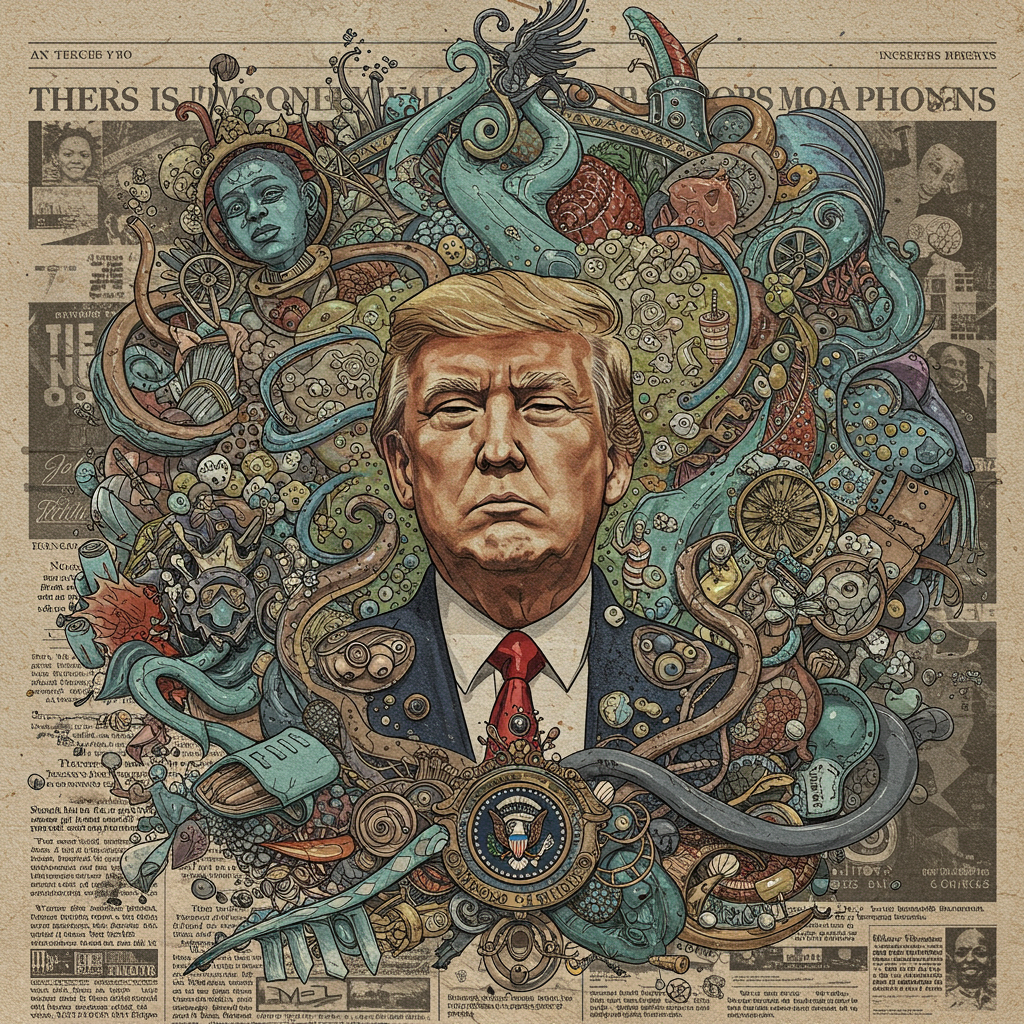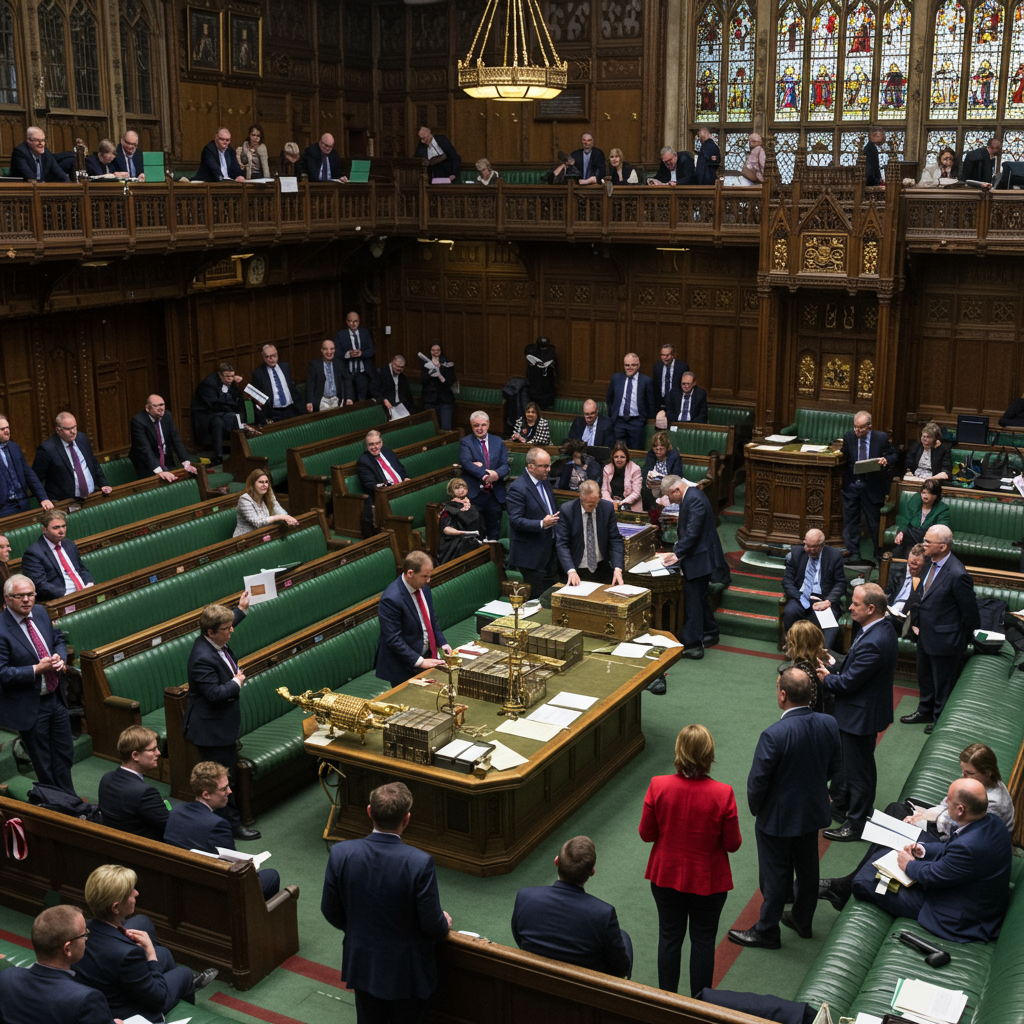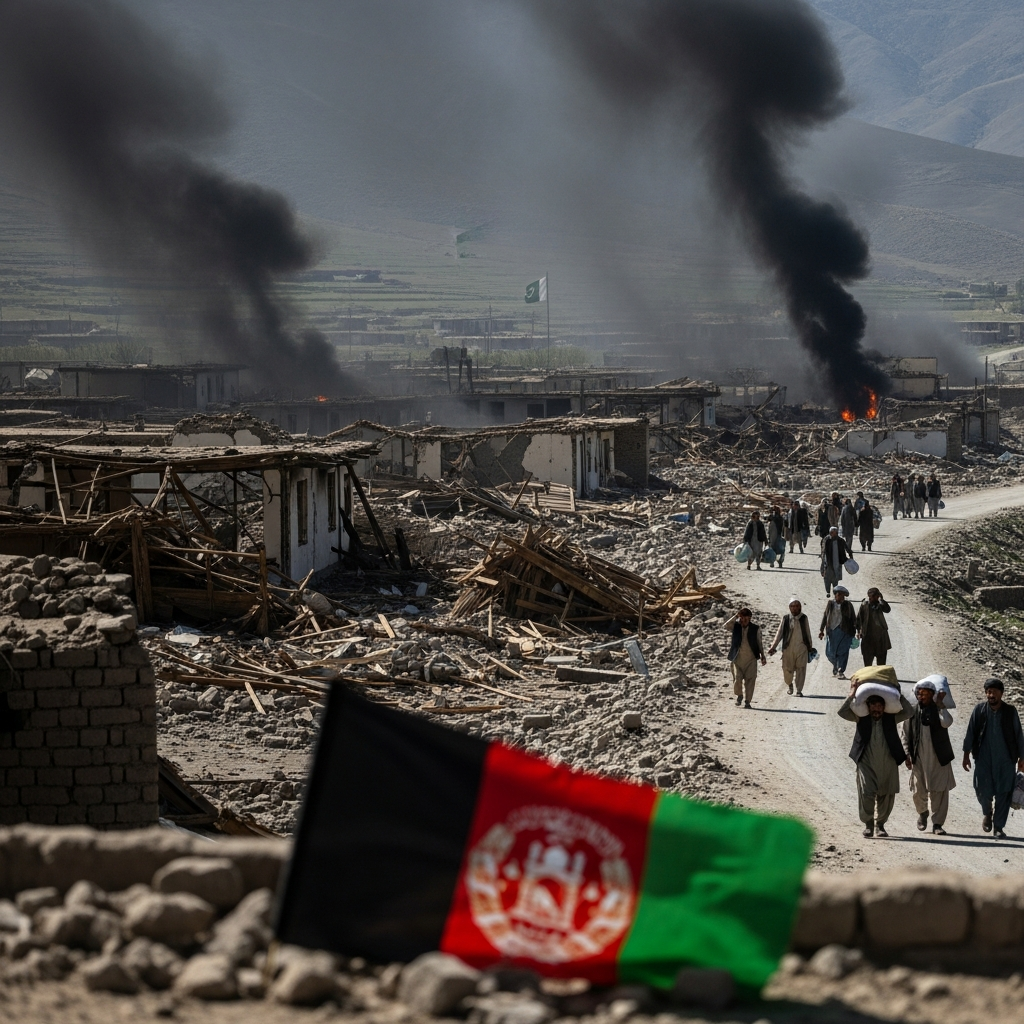Tensions remain high between Iran and the United States following recent military exchanges, particularly regarding Iran’s nuclear program. Amidst this strained atmosphere, Tehran has clearly stated its prerequisite for resuming diplomatic talks with Washington. According to Iran’s deputy foreign minister, Majid takht-ravanchi, the United States must unequivocally rule out any further military strikes against Iran before negotiations can recommence.
Setting Conditions for Dialogue
Speaking to the BBC, Takht-Ravanchi indicated that the Trump administration had conveyed, through intermediaries, a desire to return to the negotiating table. However, he stressed that the US had not provided clarity on a “very important question”: whether further attacks would be launched while potential talks are underway. This lack of a clear commitment to halt aggression is a significant hurdle for Iran. Takht-Ravanchi later reiterated that a date for talks was not agreed upon, despite suggestions they could happen soon. He emphasized the need for the US to be “quite clear” on ruling out future attacks and to signal what concessions it might offer to build trust needed for dialogue.
The Recent Flare-Up
The deputy minister’s comments come against a backdrop of escalating conflict. The US and Iran had reportedly been in talks regarding Iran’s nuclear activities. However, hostilities erupted earlier this month, beginning around June 13th. Israel initiated strikes targeting Iranian nuclear sites and military infrastructure, along with assassinating commanders and scientists. Israel justified these actions by claiming Tehran was nearing the development of a nuclear weapon.
Iran responded with missile attacks against Israel. The US became directly involved on June 21st, launching its own strikes. During “Operation Midnight Hammer,” the US reportedly deployed B-2 bombers and Tomahawk cruise missiles, dropping GBU-57 “bunker buster” bombs on three specific Iranian nuclear sites: Fordo, Natanz, and Isfahan.
Claims and Casualties Mount
The recent military actions have resulted in significant casualties according to conflicting reports. As of reports on Monday, Iran stated that 935 people had been killed by the Israeli strikes, based on their latest forensic data. Israel’s health ministry reported 28 deaths in Israel since June 13th, when Iran’s response began. Later reports following subsequent exchanges mentioned higher casualty figures, with Iran’s Health Ministry reporting at least 224 deaths and another human rights group citing 657 unofficial deaths in Iran. An Israeli woman also reportedly died of a heart attack, bringing their toll to 25 in one report.
Beyond these initial strikes, the conflict continued. Israel conducted new waves of attacks on Iranian missile storage and launch sites after Iran fired missiles towards central Israel. Iran also launched new strikes towards Haifa. Israeli sources claimed these actions had set back Iran’s nuclear capabilities by at least two years.
Iran’s Nuclear Stance: Enrichment Rights
A core issue in negotiations remains Iran’s nuclear program. Takht-Ravanchi maintained that Iran would “insist” on its right to enrich uranium. Tehran asserts this is solely for peaceful research and energy purposes, rejecting accusations of secretly pursuing nuclear weapons. He explained that Iran needs to “rely on ourselves” because it has been “denied access to nuclear material” for its research needs.
Describing demands for “zero enrichment” backed by threats of military action as the “law of the jungle,” he stated that the specific level and capacity of enrichment could potentially be discussed. Under the 2015 nuclear deal (Joint Comprehensive Plan of Action), which the US abandoned in 2018, Iran was restricted to enriching uranium below 3.67% purity, suitable for civilian power plants, and prohibited enrichment at Fordo. Following the US withdrawal and reinstatement of sanctions, Iran increasingly breached the deal’s limits. The IAEA reported Iran resuming enrichment at Fordo in 2021 and reaching about 60% purity. This is a level significantly above civilian needs and a short technical step from weapons-grade material (around 90%), theoretically sufficient for multiple bombs if further processed.
Assessing the Damage and Capacity
The actual extent of the damage to Iran’s nuclear program from the recent strikes remains contested and unclear. Takht-Ravanchi stated he could not provide an exact assessment. Rafael Grossi, head of the International Atomic Energy Agency (IAEA), reportedly said the strikes caused severe but “not total” damage. He suggested Iran could resume enriching uranium in a “matter of months,” although Takht-Ravanchi responded he did not know if that timeline was accurate. In contrast, US President Donald Trump claimed Iran’s nuclear facilities were “totally obliterated.” Sources within Iran later suggested much of the highly enriched uranium at Fordo was moved before the US strike.
Iran’s relationship with the IAEA has become increasingly strained. Its parliament moved to suspend cooperation with the watchdog, accusing it of favoring Israel and the US. Trump has also publicly stated he would “absolutely” consider further bombing if intelligence indicated Iran was enriching uranium to concerning levels.
Rejection of “Negotiating Under Threat”
When asked if Iran might reconsider its nuclear program in exchange for sanctions relief or investment, Takht-Ravanchi defensively asked, “Why should we agree to such a proposal?” He reiterated Iran’s position that its program, including enrichment up to 60%, is for peaceful uses.
Addressing perceived distrust from European and Western leaders, Takht-Ravanchi accused some European leaders of a “ridiculous” endorsement of US and Israeli strikes. He argued that critics should instead criticize the way Iran has been treated and the actions of the US and Israel. He added that if they lacked the courage to criticize America, they should remain silent rather than trying to justify aggression.
Debating Regime Change
Separate messages conveyed through mediators indicated the US did “not want to engage in regime change in Iran,” specifically ruling out targeting Supreme Leader Ayatollah Ali Khamenei. This contrasts with Israeli Prime Minister Benjamin Netanyahu’s calls for Iranians to “rise for their freedom.” However, Trump reportedly shifted his stance after a recent ceasefire with Israel, stating he did not seek regime change. Takht-Ravanchi dismissed the idea as a “futile exercise,” asserting that while some Iranians might criticize their government internally, they would unite against foreign aggression.
Regarding the ceasefire with Israel, he noted it was “not quite clear” if it would hold but stated Iran would observe it “as long as there is no military attack against us.” He mentioned Arab allies in the Persian Gulf are working to create an atmosphere for dialogue, with Qatar playing a key role in brokering the recent ceasefire. Iran’s Foreign Minister later stated Iran would not resume talks as long as it remained under attack by Israel, a slightly different framing than the Deputy FM’s condition regarding future US strikes.
Diplomatic Pathways Uncertain
Despite the willingness expressed by the US (via mediators) and European countries to see talks resume, the path forward remains uncertain. Trump issued an ultimatum, giving Iran a “maximum” of two weeks to avoid potential American air strikes. European ministers, including France’s Foreign Minister, urged Iran to consider negotiations with all sides, including the US, without waiting for strikes to cease, directly countering Iran’s stated condition. They also cautioned against seeking a military solution or imposing regime change, noting its inherent dangers.
Takht-Ravanchi concluded by stating Iran does “not want war” but seeks dialogue and diplomacy. However, he added, they must remain prepared and cautious to avoid being surprised by attacks again. The differing conditions for talks and the ongoing conflict highlight the complex challenges to achieving de-escalation and finding a diplomatic resolution.
Frequently Asked Questions
What is Iran’s main demand for restarting nuclear talks with the US?
Iran’s deputy foreign minister, Majid Takht-Ravanchi, stated that the United States must explicitly rule out launching any further military strikes against Iran if it wants to resume diplomatic negotiations. Iran wants the US to be “quite clear” on preventing future attacks while dialogue is potentially underway.
Which specific Iranian nuclear sites were recently targeted by US airstrikes?
According to reports, the United States launched strikes on three specific Iranian nuclear facilities on June 21st as part of “Operation Midnight Hammer.” These sites were Fordo, Natanz, and Isfahan. The strikes reportedly involved B-2 bombers dropping GBU-57 “bunker buster” bombs.
How does Iran justify its uranium enrichment activities given international concerns?
Iran insists its uranium enrichment program is exclusively for peaceful purposes, such as research and generating energy, and denies seeking nuclear weapons. Deputy Foreign Minister Takht-Ravanchi argues that Iran needs to enrich uranium itself because it has been denied access to nuclear material for its research needs by other countries.



